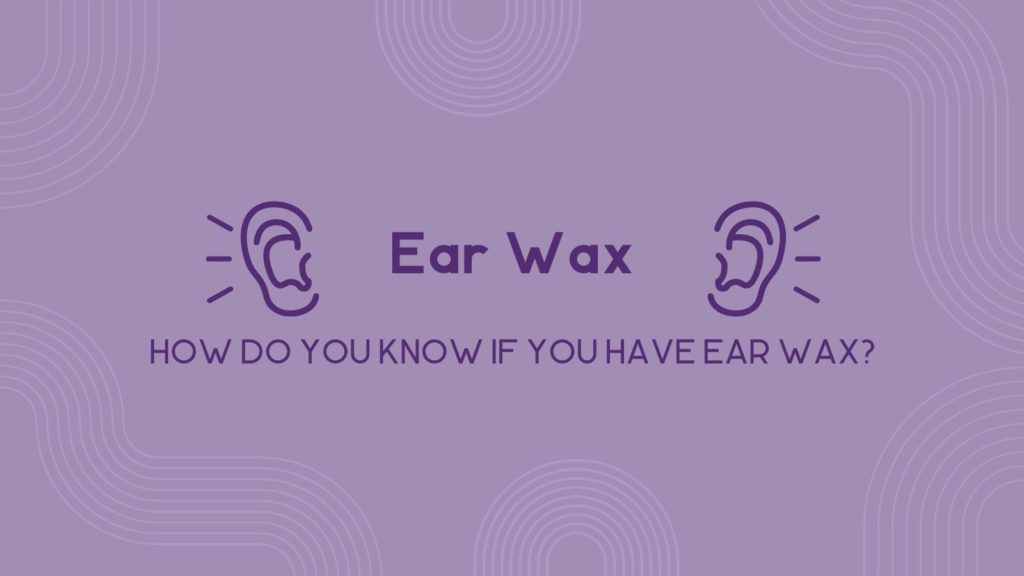There’s really no way you yourself can obviously see inside your own head or ears. How to know if you have too much earwax?
Well, first of all, stop poking around your ears. Remember the old adage, you shouldn’t put anything in your ears smaller than your elbow. That would be tough to do! So for your ears’ sake, please don’t go digging around in there, no bobby pins or hair clips or anything like that. If there’s any concern or discomfort in the ears, you really need to have a professional look at it.
How To Know If You Have Too Much Earwax?
Got an ear full? Itchy ears bothering you? Below are some signs that you may have too much earwax:
Ringing in the ears: A build-up of earwax can cause a ringing sound in the ears (tinnitus).
Ear pain: Excess earwax can trigger a feeling of fullness or pressure in the ear. In some cases, it can even cause severe discomfort.
Difficulty hearing: If your earwax builds up to the point where it blocks the ear canal, it can cause muffled hearing.
Dizziness: Excess earwax may also cause dizziness or a sense of imbalance.
Itching or discharge: If you notice an unpleasant discharge, itching, or a disturbing odor coming from your ear, it may be a sign that you have too much earwax.
If you experience any of these symptoms, it is important to consult an audiologist and get an ear examination to determine if earwax removal is necessary.
Why do I have so much ear wax all of a sudden?
There are several reasons why you may suddenly have an excessive production of earwax. Some of the most common causes include:
Aging: As we get older, our body produces less earwax, However, the consistency of the wax can become thicker and drier, leading to blockages.
Using Q-tips or other sharp, tiny objects to clean the ears: This can actually push earwax further inside your ear canal, leading to an impaction or buildup.
Changes in hormone levels: Hormonal changes, such as those that occur during pregnancy, can increase the amount of earwax produced.
Skin conditions: Certain skin conditions, such as psoriasis eczema, can trigger excess earwax production.
Narrow ear canals: This is an anatomical premise; some people are simply born with narrow ear canals, which can make it more difficult for earwax to exit the ear.
If you are experiencing sudden or excessive earwax buildup, it is important to consult an audiologist to determine the underlying cause.
Why trust the experts
At HearCare Audiology, we use a tool called a Video Otoscope, which we can use to see inside the ear canal and look down the auditory pathway. We can see the eardrum which looks a bit like a pearly gray eyeball. A good, healthy looking eardrum will have a shiny blue color. We can expand the view and even see one of the smallest bones in your body, the hammer bone. These are all details you would be unable to see at home.
Is earwax a bad thing?
Some ear wax is not a bad thing, so don’t be alarmed if a little bit of wax is present. By looking in your ear canal, your audiologist will see if you need any ear wax removed.
If you feel some discomfort or itchiness in your ear and would like to see an audiologist for a proper checkup, we can help. HearCare Audiology offers hearing diagnostics and evaluations for any hearing concerns.
Contact us today to book an appointment!

